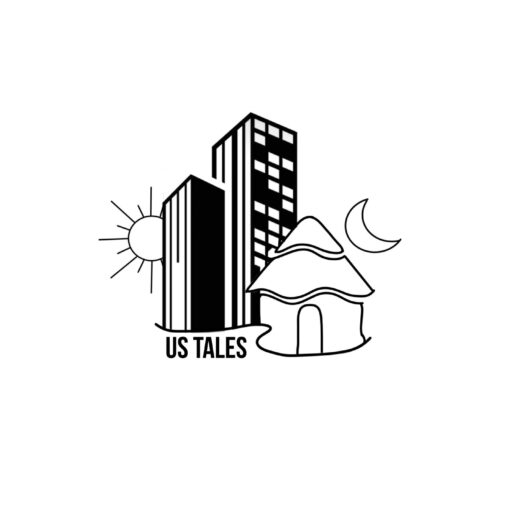Welcome to theustales.com.
Pope Francis Dies at 88: A Humble Reformer Who Changed the Face of the Church
Pope Francis, the first Latin American and non-European pope in nearly 1,300 years, passed away at the age of 88 on April 21. The Vatican confirmed the news, marking the end of a papacy defined by bold reforms, global compassion, and strong stands on justice.
India Declares Three-Day State Mourning
In response to his passing, the Indian government announced a three-day state mourning. The Ministry of Home Affairs stated that the mourning would be observed on April 22 and 23. An additional day of mourning will be observed on the day of the pope’s funeral. During this period, national flags will fly at half-mast across India. All official celebrations and entertainment will remain suspended. This gesture reflects the deep respect Pope Francis earned across religious and national boundaries.
Reformer in the Vatican
Pope Francis led with courage and sincerity. He openly criticized corruption, inequality, and greed. Early in his papacy, he reformed the scandal-ridden Vatican bank. He also limited extravagant spending and curbed financial misuse in Vatican offices.
In a powerful move, he even allowed Vatican police to raid the Secretariat of State and the financial watchdog agency. The reason was a suspicious €350 million London real estate deal. After a long trial, Cardinal Angelo Becciu was convicted of embezzlement. Several others faced mixed verdicts. However, the trial also revealed weaknesses in the Vatican’s legal system and exposed inner conflicts among officials.
You may Also Like:
90-Year-Old Jain Temple Demolished in Mumbai, Protest Erupts
A Pope Who Criticized Greed
From the beginning, Francis spoke against the excesses of the global financial market. In his first major document, The Joy of the Gospel, he rejected trickle-down economic theories. “Money must serve, not rule,” he famously declared. His views angered many conservatives in the U.S., some even called him a Marxist. In response, Francis joked, “Some of my best friends are Marxists.”
Fighting “Spiritual Illness”
Francis wasn’t afraid to challenge his own staff. In his 2014 Christmas address, he listed 15 “diseases” affecting Vatican officials. These included “spiritual Alzheimer’s,” the hunger for power, and gossip. The speech became one of the strongest public criticisms ever delivered by a pope to the Curia.
A Humble Beginning
Born Jorge Mario Bergoglio in Buenos Aires on December 17, 1936, he was the eldest of five children. Pope Francis’s parents were Italian immigrants. His grandmother Rosa taught him how to pray. His weekends were filled with opera, soccer, and Mass. A fan of the San Lorenzo soccer club, he remained passionate about the sport throughout his life.
At age 17, he experienced a life-changing confession. That moment inspired him to join the seminary. He later entered the Jesuit order in 1958. Due to a serious illness, he had part of his right lung removed. This condition gave him a soft-spoken voice and made him avoid singing during Mass.
His Journey to the Papacy
He was ordained a priest in 1969 and became the Jesuit provincial in Argentina by age 36. He admitted later that his leadership style at the time was harsh and too quick. His time as Jesuit leader overlapped with Argentina’s dictatorship from 1976 to 1983. During that time, he faced criticism for not openly protecting two kidnapped priests. However, later accounts revealed that he had worked behind the scenes to save many lives, including priests and political dissidents.
After a brief period of exile in Córdoba, he returned to prominence when St. John Paul II made him an auxiliary bishop in 1992. He became archbishop of Buenos Aires in 1998 and a cardinal in 2001. He nearly became pope in 2005 but stepped aside for Pope Benedict XVI.
A Pope for the Poor
When he was elected pope in 2013, he chose the name “Francis” after St. Francis of Assisi, the patron saint of the poor. He said he wanted “a poor Church for the poor.” Throughout his papacy, he focused on helping the marginalized, migrants, and victims of injustice. He often highlighted the suffering of people in war-torn regions and those affected by climate change.
His Legacy
Pope Francis leaves behind a legacy of deep humility, strong reforms, and a tireless voice for peace and justice. He challenged traditions, embraced the poor, and fought for a more inclusive Church. His death marks the end of a remarkable chapter in the history of the Catholic Church.

